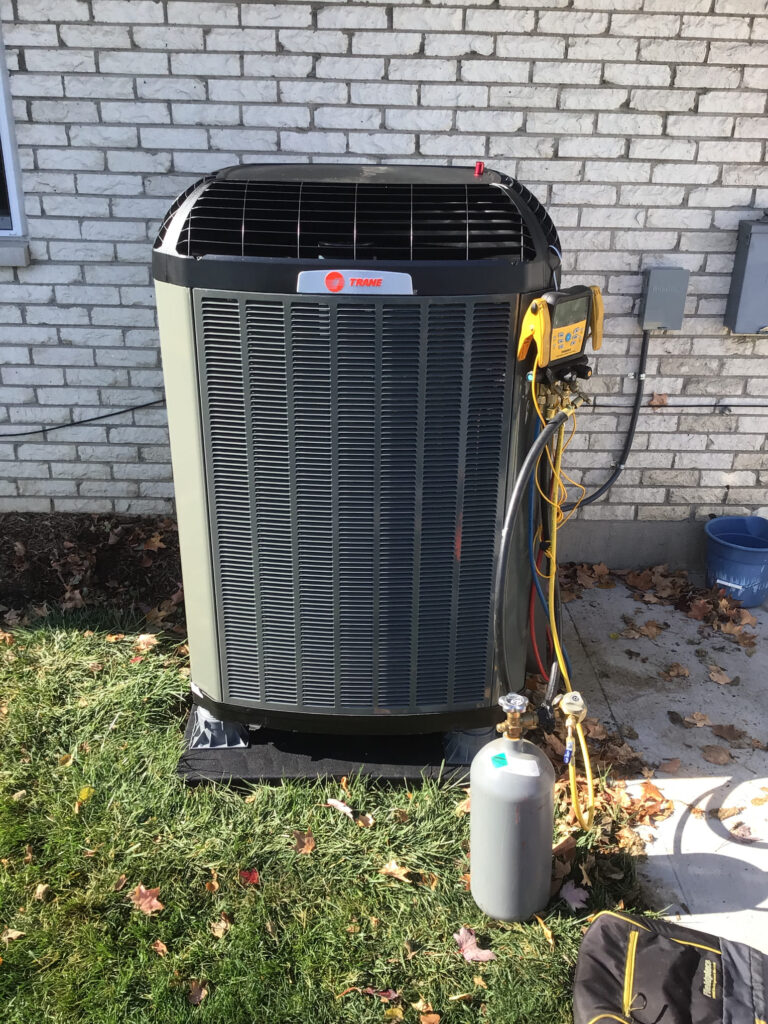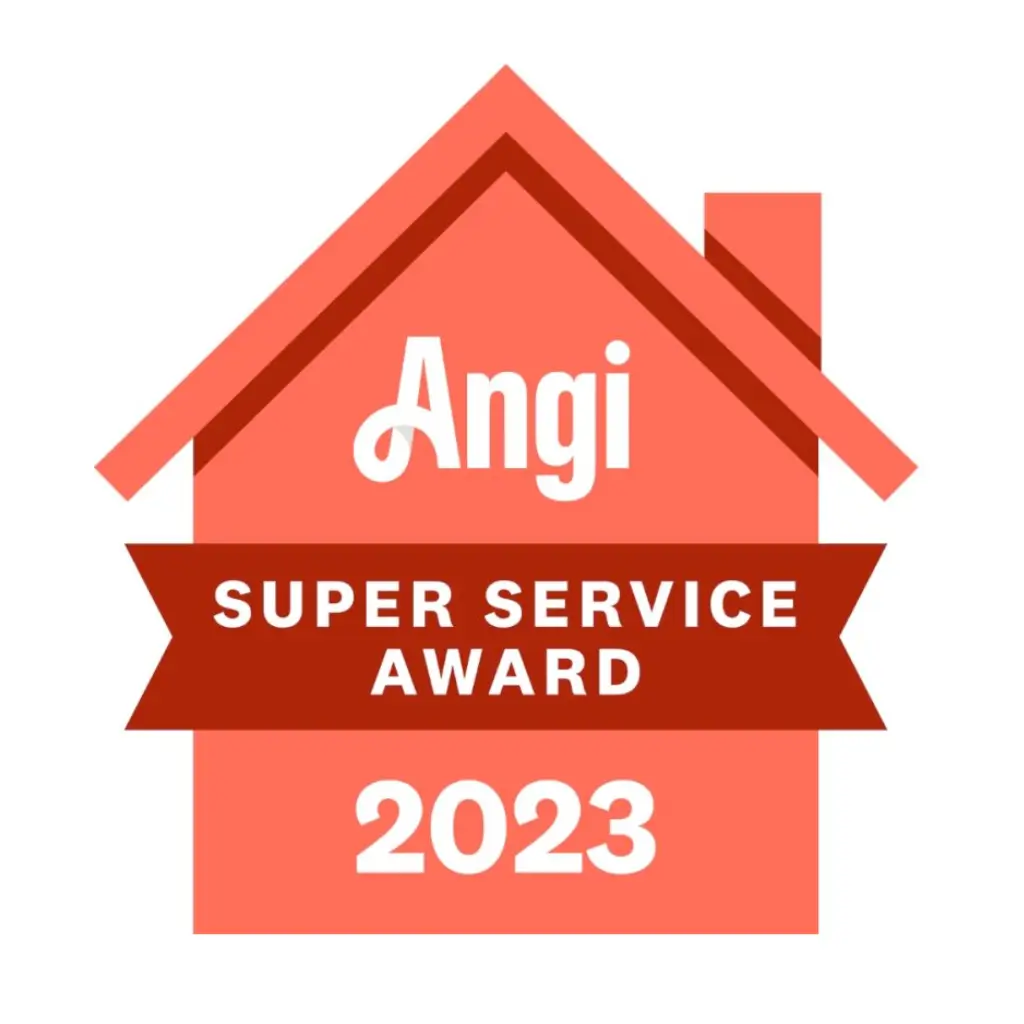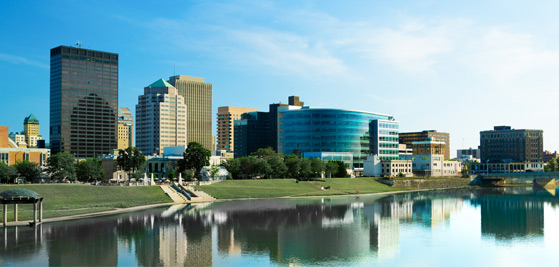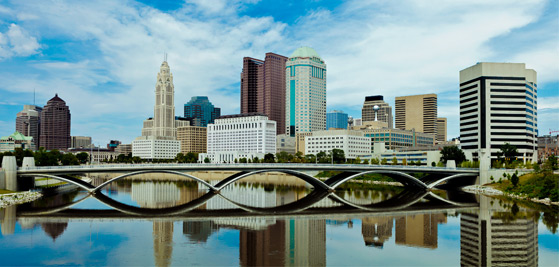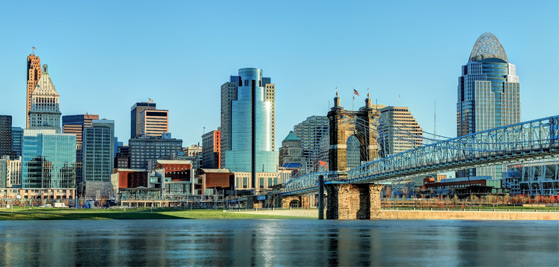Installing an energy efficient heat pump system with professional service is one of the best investments homeowners can make to reduce energy costs. With optimal installation and operation, heat pumps provide reliable, environmentally-friendly heating and cooling for less. This guide will explore how proper heat pump installation impacts efficiency and what to look for in a quality installation service.
How Do Heat Pumps Work?
Unlike furnaces that burn fuel to produce heat directly, heat pumps move existing heat between indoors and outdoors. During winter, they extract outside heat and pump it indoors. In summer, the process reverses to cool your home by removing excess heat.
Heat pumps utilize a refrigeration system with components like compressors and evaporators to transfer heat via the compression and expansion of refrigerants. This enables them to provide more energy than they consume, making heat pumps extremely efficient.
Benefits of Heat Pumps

Upgrading to a high efficiency heat pump system from an older HVAC unit provides many benefits:
- Energy Savings – New heat pumps can reduce heating and cooling costs significantly by up to 50% compared to furnaces and air conditioners. These dramatic savings add up over the system’s lifetime.
- Environmentally Friendly – Heat pumps produce very low greenhouse gas emissions compared to fossil fuel systems. This makes them a greener choice.
- Versatile Heating & Cooling – Heat pumps provide effective heating and air conditioning from a single system. Some models even heat efficiently in sub-zero climates.
- Zone Temperature Control – Ductless mini-split heat pumps allow different temperatures to be maintained in separate rooms. This further optimizes efficiency.
- Improved Comfort – Precise temperature and humidity control provided by heat pumps creates a comfortable environment year-round.
With proper installation and heat pump maintenance, heat pump systems could deliver these benefits reliably for over 15 years.
Types of Heat Pump Systems
Several heat pump system types exist, each with their own strengths for various home requirements:
- Air-Source – The most common type; transfers heat between indoor and outdoor air. Suitable for moderate climates.
- Ductless Mini-Split – Flexible, zoned system with an outdoor compressor and multiple indoor air handlers. Efficient option.
- Geothermal – Relies on stable underground temperatures; can achieve superior efficiency but higher upfront cost.
- Absorption Heat Pumps – Uses heat as input energy; often paired with solar water heating systems. Limited availability.
Your HVAC technician can recommend the best heat pump choice based on climate, efficiency goals, and budget.

Sizing & Placement Matter
Avoid common installation pitfalls that compromise efficiency by ensuring your heat pump system is:
Properly Sized – A unit that’s too large cycles on/off frequently, reducing efficiency. An undersized system struggles to maintain temperatures. Sizing depends on factors like home size, insulation, and climate.
Optimally Placed – For air-source heat pumps, the outdoor unit should have unobstructed airflow. For ductless systems, indoor head placement is key to enjoying comfort throughout an entire zone or room.
Zoned Effectively – Take advantage of mini-splits’ zoned comfort by placing indoor units only where needed. This avoids heating/cooling unused spaces.
Insulated Ductwork – Ensure ductwork is tightly sealed and insulated according to the latest building codes. This maximizes air delivery and efficiency.
Correct sizing and placement tailors the system to your heating and cooling needs for energy savings.
Hire Professional Installers
Heat pump installation is complex, requiring expertise for optimal operation and efficiency. Professional installation offers many benefits versus DIY:
- Proper Sizing & Placement – Experienced installers determine the ideal system design and configuration for your home.
- Safe & Proper Installation – Licensed technicians ensure electrical connections, refrigerant charging, and component integration meet local codes.
- Efficiency Testing & Tuning – System airflow, refrigerant levels, and controls are adjusted for peak performance.
- Better Warranties – Manufacturer and installer warranties provide peace of mind and coverage for any defects or issues.
- Access to Rebates & Tax Credits – Many utility and state rebates require the use of licensed installation contractors.
For all these reasons, the added cost of professional installation provides excellent long-term value and savings.
What to Look for in a Heat Pump Installer
To ensure an optimal installation experience, look for a contractor that:
- Employs certified, licensed technicians
- Has extensive heat pump installation experience
- Provides load calculations to properly size your system
- Performs Manual J calculations to industry standards
- Offers ENERGY STAR certified or high efficiency equipment
- Insures work and offers standard warranties on labor
- Is known for quality work and equipment brands offered based on reviews and reputation
Be wary of low bids or uncertified installers. The potential for poor installation and efficiency may cost more over your system’s lifetime. Investing in a quality installer helps maximize long-term savings.
Just How Much Can You Save?
Upgrading to an energy efficient heat pump system from older HVAC equipment provides significant heating and cooling cost savings. Here are typical savings based on studies and real-world data:
- Air-source heat pumps can reduce costs by 20-40% on average compared to furnaces and A/C units.
- Geothermal heat pump systems can decrease heating and cooling costs by 25-50%.
- Switching from electric resistance heating to a heat pump can cut heating costs by up to 50% or more.
- In colder climates, cold climate air-source heat pumps can save about 20-30% versus furnaces.
- Mini-split heat pumps can reduce heating costs by around 25% and cooling costs by up to 15% on average.
While you have multiple options to choose from, all types of heat pump upgrades, if installed correctly, can result in a pay back in energy savings in just a few years.
Available Rebates & Tax Credits
The high efficiency of heat pump systems makes them eligible for various rebates and tax credits that make installation more affordable:
- Utility company rebates – Many providers have offered annual rebates for installing air source heat pumps.
- State/local incentives – Some state and municipal governments provide rebates, tax credits, and financing on heat pump projects.
- Federal tax credits – Homeowners can claim a tax credit for installing qualifying high efficiency heat pumps.
- Manufacturer discounts – Most major brands offer special pricing on heat pump systems and installation packages.
With the right incentives, homeowners can recover much of the upfront cost of a heat pump upgrade quickly through energy savings.
Upgrading to an energy efficient heat pump system can reduce your home’s heating and cooling costs substantially, saving you significant amounts over its operating lifetime.
But to achieve the greatest savings, it’s critical to have your heat pump properly sized and installed by qualified professionals. Taking the time to research and hire a trusted, certified installation contractor will help ensure your system operates at peak efficiency for many years.
Frequently Asked Questions
Do heat pumps work in cold climates?
Yes, newer cold climate ductless heat pumps efficiently heat homes in sub-zero temperatures while still providing summer cooling.
How long does a heat pump system last?
When properly installed and maintained, heat pumps can typically last 15-20 years, sometimes longer. High-end units often come with longer parts warranties, which is something to greatly consider when you are making the investment.
What maintenance is required for heat pumps?
Have a technician perform annual checkups to clean the coils, inspect refrigerant levels, and ensure proper operation. Filters should be changed monthly for optimal airflow.
What are the disadvantages of heat pumps?
Upfront equipment and/or installation costs can be higher than basic systems. They also temporarily stop providing heat below a certain outdoor temperature unique to each model.
Should I repair or replace my old heat pump?
Once a heat pump system is over 15 years old, replacement is usually better than repairing an outdated, inefficient unit.

